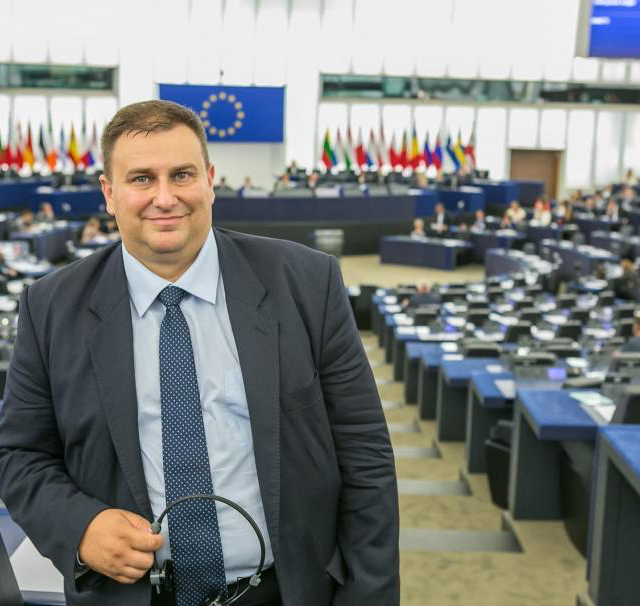The betting industry has suddenly found itself in the international spotlight – and not just in the European Union.
Moves are afoot in Europe to raise standards in a sector – betting – that rarely finds itself on the political agenda.
But it is not just in the EU that such reform efforts are being made.
For example, MPs in Kazakhstan have just passed the second reading of what is a controversial new law on gambling.
The law, already been subject to some criticism, was passed in circumstances that some claim cannot be described as “normal.”
This is against a backdrop of the Kazak President Kassym-Jomart Tokayev’s efforts to reform and make the country more transparent.
The current debate in the landlocked nation is particularly timely as it also comes at a time with efforts also being made in the European Union and its EU Member States to introduce more robust anti-money laundering guidelines for Europe’s online gambling sector.
One objective of the European Gaming and Betting Association (EGBA), the EU-wide body representing Europe’s leading online gaming and betting companies which is spearheading the reform moves, is to help foster higher industry standards for the sector in Europe.
Reform is firmly on the agenda not just in the European Union but in other areas, including Kazakhstan where the new legislation, marked as a ‘public health bill’, also introduces a third-party regulating authority, the “Unified Accounting System,” (UAS).
This regulating authority will have the power to control the market and payment systems in the gambling industry and determine which companies can participate in the sector.
The regulating authority will also be responsible for controlling all payments, cash and non-cash, digital or non-digital.
Critics, though, allege that this could “de-democratize” the gambling industry with all the financial proceeds being moved by a single entity along with personal information of participants in such betting trades.
Those opposing the legislation claim that “such monopolistic behavior” by a single authority may undermine not only the principles of a free market but also of basic rights of people’s privacy.
This is not the first time that Kazakhstan has looked to introduce a law on gambling. It has been continuously trying to do so since 2017 and, n 2020, the “Betting Account Centre” (BAC) was created.
However, in 2021 legislation was paused based on it allegedly being politically charged.
The Kazakh Parliament on 5 June approved a similar law, however, this time the regulatory authority is called the UAS. In addition to the sweeping powers the new authority receives, it will also be choosing on whether a company can participate or not in the gambling market.
Critics go on to claim that such “sweeping powers” are not indicative of the reforms Tokayev professed but of the previous tradition of power being concentrated in the hands of a select few.
The bill, which was essentially passed in two days, has now stirred new controversy.
Opponents of the law claim the matter is being powered through with little detail being made public. They suggest that either it is the same bill that was struck down a few years ago or an act to “create a grey area and avoid backlash.”
The sector has reportedly reacted negatively, fearing this may diminish the trust of global investors in the Kazakh market.
The legislation currently is with the Senate for debate and, if passed, will go to the President for final approval but critics claim that if that happens the fast-growing fintech community and companies dealing in the betting industry could be at a risk of being removed from the market.
Clearly, then, these are turbulent times for the betting industry – both in the EU and much further afield.




